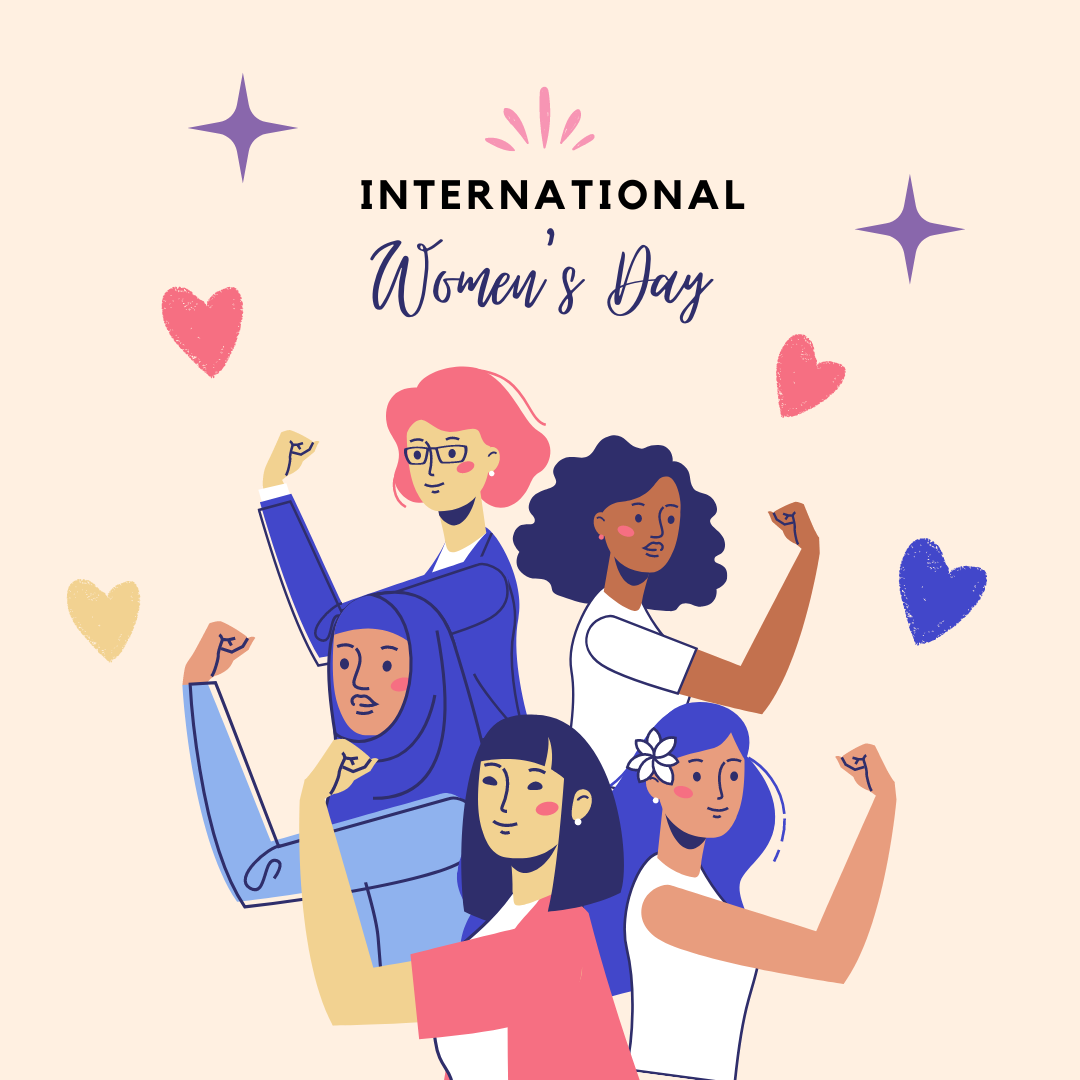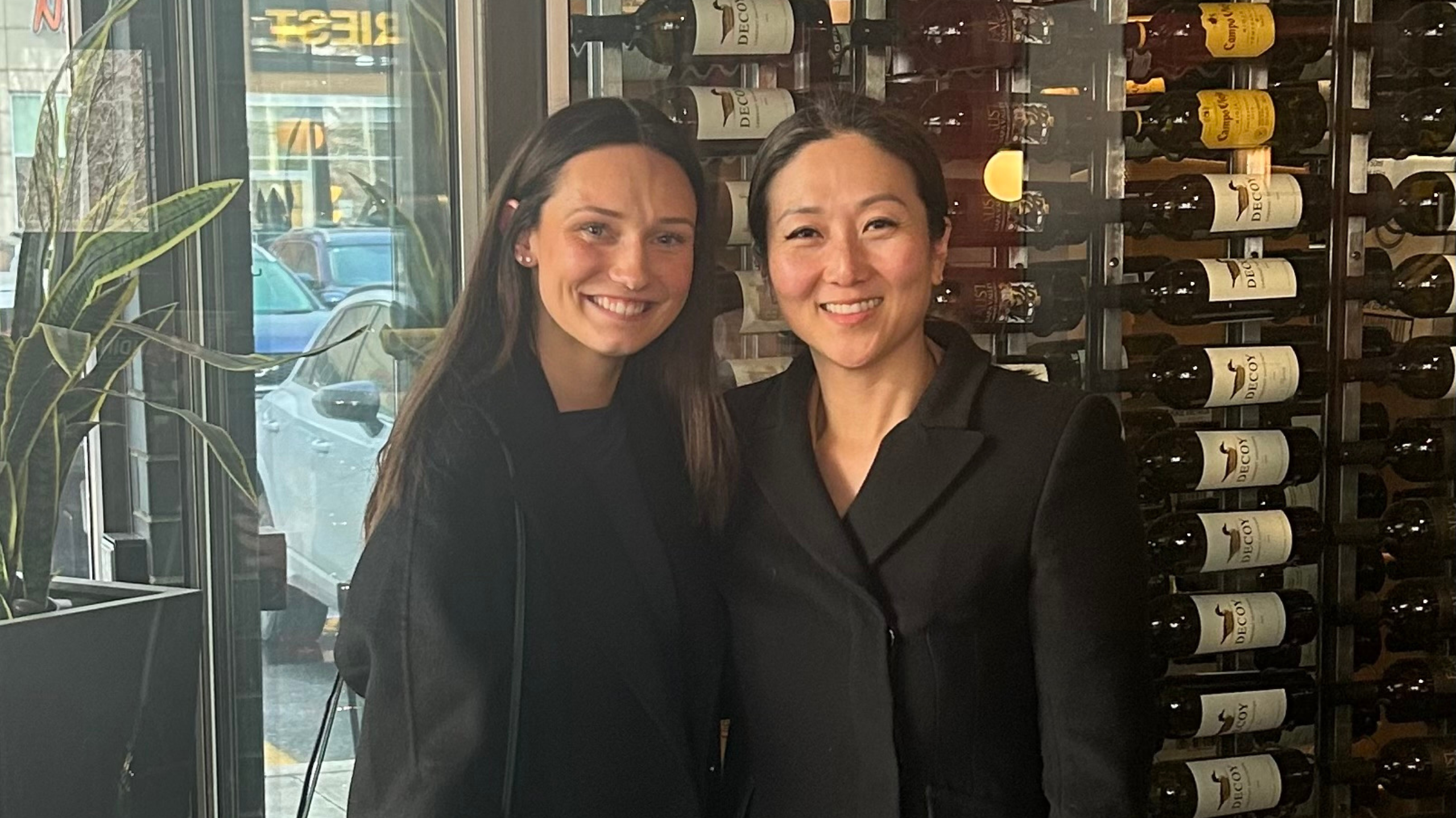Note: In honor of our new graduates this month, we’re dedicating the May Gut Check blog posts to the class of ’22 — and, while we’re at it, to the classes of ’20 and ’21, who have emerged into a working world in the midst of a massive transition. If you know any frazzled new grads who could use a little guidance, consider sending this Gut Check for Future leaders their way.
BIG IDEA:
Set yourself apart by being someone who can work well across generations.
“OK, Boomer!” These words have captioned countless memes, TikToks, and, by now, even t-shirts. It’s even been blurted to me by my kids from time to time (even though, full disclosure, I’m not a classic Boomer!).
Of course, it goes both ways. Younger generations—particularly Millennials—have caught their share of generationally stereotyped flak, too. The same stereotypes exist for Generation Z.
But really, we’re not talking about harmless little catchphrases and generalizations here. We’re talking about entrenched, complex attitudes that are born from a lack of understanding across generational perspectives, frothed up by those online and in the media eager for scapegoats—and, whether we realize it or not, infecting our workplaces.
Yes, younger generations certainly have a valid list of grievances for this generation and the ones that preceded them. And older generations may understandably feel slighted when their organizations start to shift to accommodate new workers.
But it’s crucial that workers, whatever their age, not let these frustrations stand in their way.
In the midst of increased polarization between younger and older generations, you can set yourself apart by becoming someone who can work well with colleagues of all ages—and maybe even learn from them.
WHY IT MATTERS:
Our workforces are increasingly generationally diverse.
Boomers are living longer than any generation before them—and, relatedly, staying in the workforce longer.
The Pew Research Center published a report explaining the trends around today’s Boomers and their staying power in the workplace. The report emphasizes how unique today’s Boomers are in this way: more people between the ages of 65 and 72 are working or looking for work than the two previous generations at the same age.
A survey by USA Today/LinkedIn suggests that as Boomers push retirement later and later, they contribute to what Millennials perceive as a “multigenerational traffic jam” blocking career paths for the younger generations eager to rise in their organizations’ ranks.
This isn’t necessarily the right lens on things, but of course, young leaders can be forgiven for coming into the workforce hungry to grow after feeling stymied by the pandemic.
In the end, the biggest impact of this trend is a confirmation that our workplaces will continue to be very diverse in terms of the generations represented.
THE RISK:
Our organizations miss out on growth and innovation opportunities when we dismiss the benefits of differing perspectives.
I worry that many professionals—across the age spectrum—are oblivious to this growing intergenerational diversity, and its potential benefits.
Research into organizational diversity across demographics tends to underline the same finding: “like-minded teams maintain; diverse teams innovate.” A healthy, functioning work culture in which people of all ages value one another’s (at times unfamiliar) perspectives is a strength of a company defining its strategy in an increasingly polarized society.
But if employees don’t understand this, they can’t leverage this strength.
WHAT TO PAY ATTENTION TO:
Innovation is fostered by generational diversity.
I believe we need to start creating greater intergenerational connections within our companies and within our teams—and that both younger and older workers have much to gain by doing so.
- We need to guard against the intergenerational bashing that I still see rampant in articles and in social media. Often, the bashing is aimed at Millennials for being lazy, entitled and not willing to wait for promotions or bigger salaries. I know the millennials that I talk to are tired of this. But this goes the other way, too: I also know that many Boomers feel marginalized as well. This needs to stop!
- Find ways to connect with workers outside of your generation. In the many leadership programs that my team and I design and facilitate, I often find that magic happens when we can connect the generations to each other. I remember in one program in particular, we paired Boomers with young leaders. It was fascinating to see how they learned from each other and valued the unique perspective they each brought to the organization.
- Collaboration between generations can provide individual workers and an organization more broadly with a competitive edge: greater perspective, happier teams, and better outcomes. All it takes is the courage to find common ground.
This week’s Gut Check for Leaders asks, “Are you going to be a leader who perpetuates outdated myths about the many generations in our workplaces? Or are you going to be a leader who can unleash the tremendous value that comes from having the generations truly work together in meaningful ways?”
More Leadership Resources
We have many resources to help you become the most accountable leader you can be, develop accountable leaders on your team, and scale leadership accountability across your organization.

Back by popular demand, on June 21, 2022 we will be holding our Mid-Year Gut Check for Leaders workshop. Take a moment to reflect on how you and your team are tracking against your strategic objectives, connect with others leaders facing similiar challenges, and set a game plan to finish 2022 strong. Learn more.
Signup for our monthly newsletter with the latest Gut Check for Leaders, Lead the Future Podcast, and other important leadership accountability news.





